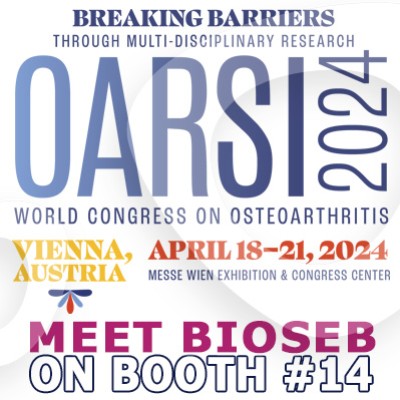Authors
Lecoutre S, Deracinois B, Laborie C, Eberlé D, Guinez C, Panchenko PE, Lesage J, Vieau D, Junien C, Gabory A, Breton C
Lab
hysiology, Universite Lille 1, Villeneuve d'Ascq, France
Journal
J Endocrinol.
Abstract
According to the Developmental Origin of Health and Disease (DOHaD) concept, alterations of nutrient supply in the fetus or neonate result in long-term programming of individual body weight set-point. In particular, maternal obesity, excessive nutrition and accelerated growth in neonates have been shown to sensitize offspring to obesity. The white adipose tissue may represent a prime target of metabolic programming induced by maternal obesity. In order to unravel the underlying mechanisms, we have developed a rat model of maternal obesity using a high-fat (HF) diet (containing 60% lipids) before and during gestation and lactation. At birth, newborns from obese dams (called HF) were normotrophs. However, HF neonates exhibited a rapid weight gain during lactation, a key period of adipose tissue development in rodents. In males, increased body weight at weaning (+ 30%) persists until 3 months of age. Nine-month-old HF male offspring were normoglycemic but showed mild glucose intolerance, hyperinsulinemia and hypercorticosteronemia. Despite no difference in body weight and energy intake, HF adult male offspring were predisposed to fat accumulation showing increased visceral (gonadal and perirenal) depots weights and hyperleptinemia. However, only perirenal adipose tissue depot exhibited marked adipocyte hypertrophy and hyperplasia with elevated lipogenic (i.e., SREBP1, FAS, leptin) and diminished adipogenic (i.e., PPARγ, 11β-HSD1) mRNA levels. By contrast, very few metabolic variations were observed in HF female offspring. Thus, maternal obesity and accelerated growth during lactation program offspring for higher adiposity via transcriptional alterations of visceral adipose tissue in a depot- and sex-specific manner.

 Pain - Thermal Allodynia / Hyperalgesia
Pain - Thermal Allodynia / Hyperalgesia Pain - Spontaneous Pain - Postural Deficit
Pain - Spontaneous Pain - Postural Deficit Pain - Mechanical Allodynia / Hyperalgesia
Pain - Mechanical Allodynia / Hyperalgesia Learning/Memory - Attention - Addiction
Learning/Memory - Attention - Addiction Physiology & Respiratory Research
Physiology & Respiratory Research
 Pain
Pain Metabolism
Metabolism Motor control
Motor control Neurodegeneration
Neurodegeneration Cross-disciplinary subjects
Cross-disciplinary subjects Muscular system
Muscular system General activity
General activity Mood Disorders
Mood Disorders Other disorders
Other disorders Joints
Joints Central Nervous System (CNS)
Central Nervous System (CNS) Sensory system
Sensory system